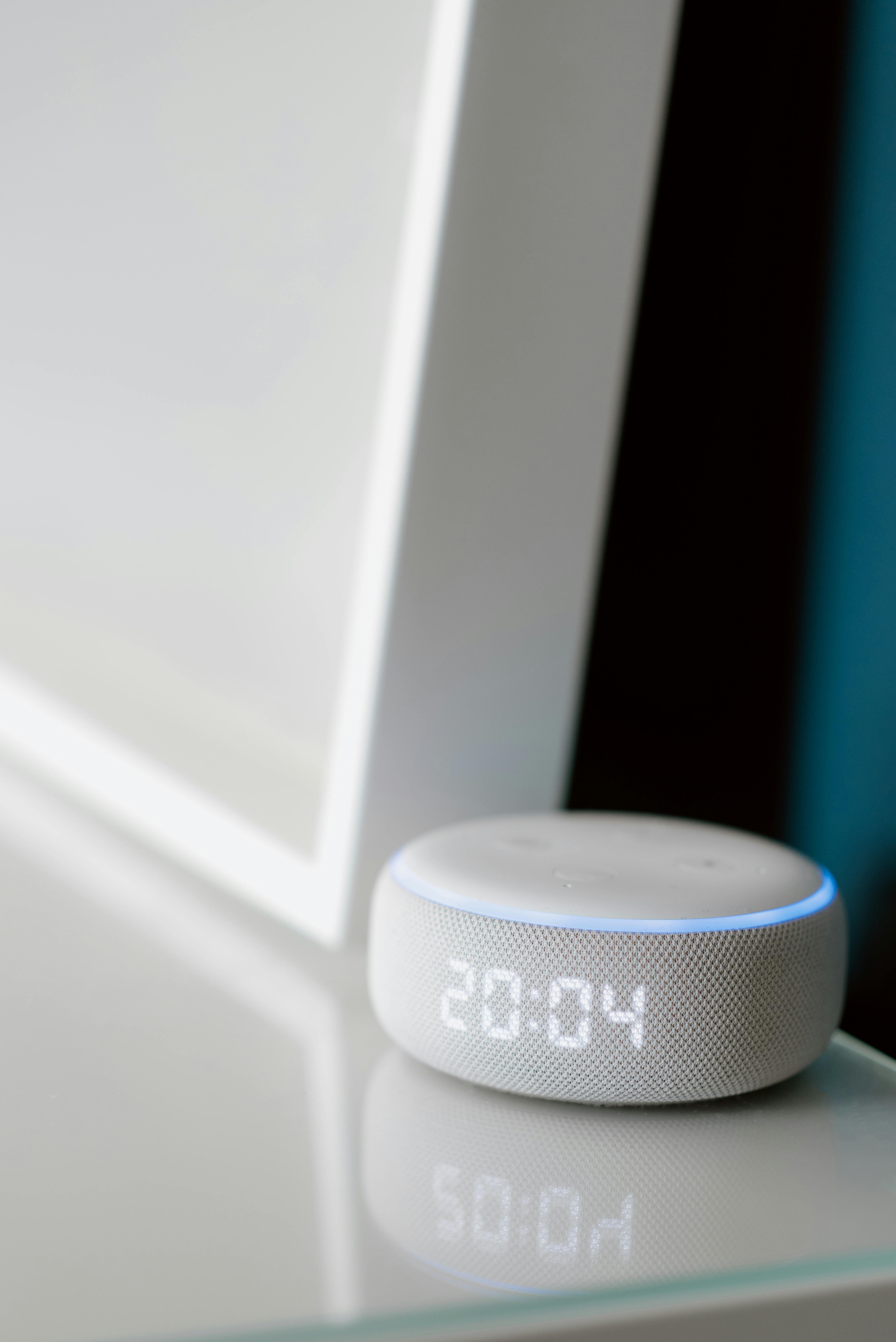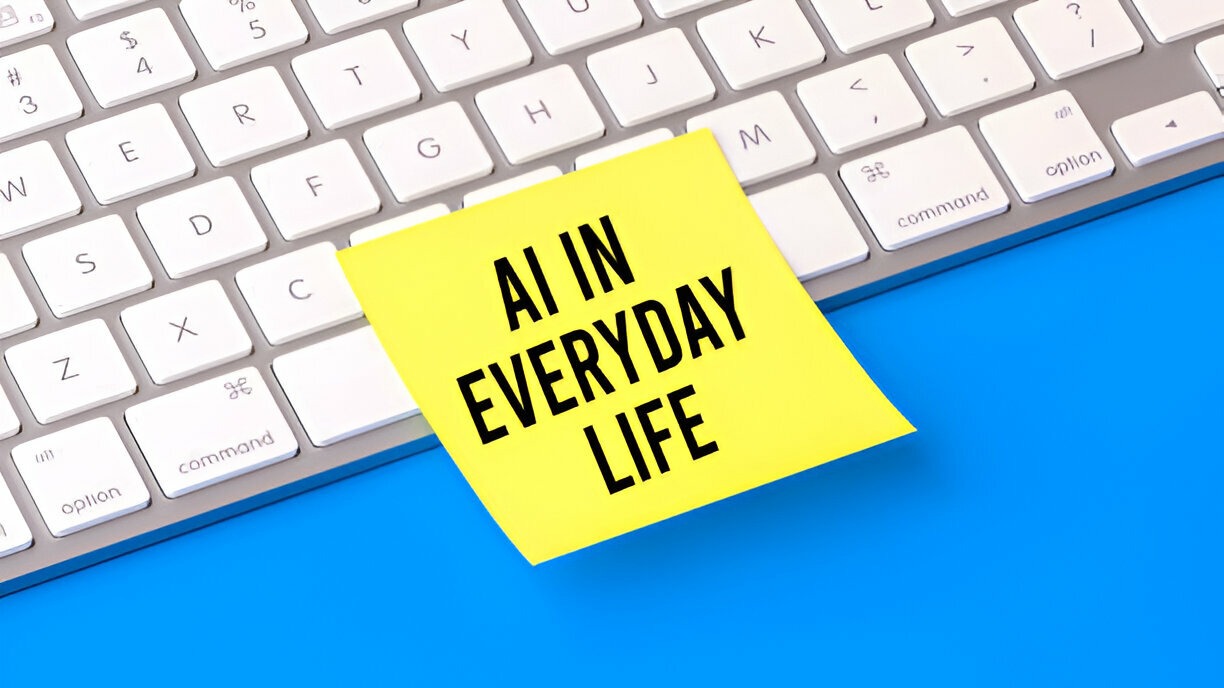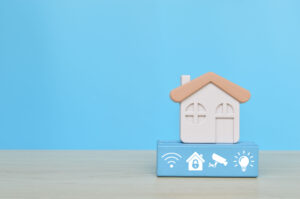Introduction
As of now, around 30 percent of US households are using Ai in smart homes devices. This figure is set to rise to 50 percent by the year 2025. With increasing smart home adoption, there is increasing demand for convenience, security, and better energy performance. Currently, smart devices are highly fragmented and this lack of standardization brings major challenges for users. Instead of being smooth, it can be quite annoying sometimes, for instance having to deal with a plethora of apps or looking to see what device fits which.
The issue of interoperability between devices could be solved with the adoption of artificial intelligence within smart home applications. AI enables different systems and devices to work together to form smarter homes with increased intelligence. How about, thermostats that remember when you are at home and when you are not so that it doesn’t waste energy when you aren’t about, lighting that automatically changes depending on how bright the daylight is outside, or security cameras that use artificial intelligence to recognize who is present and increase security coverage. It allows the daily lives as we know it to be modified into environments that not only need less energy but are also less intrusive and more secure.
The adoption of AI in smart home automation can aid the transition towards a new way of life. The article focuses on the successful implementation of AI that can seamlessly integrate into smart homes of the future so that users are always one step ahead with home automation.
What is AI in Smart Homes?
Artificial Intelligence (AI) is integrated with home automation systems. AI-infused smart devices and systems function automatically or with little devices or systems. Such systems are equipped with AI to analyse and anticipate the user’s actions, adjusting the user experience to suit their needs and preferences.
In contrast to typical home automation system projects that are developed with pre-programmed commands, AI in Smart Homes can comprehend patterns and behaviors which makes the system more humanized. While setting timers for lights or temperature can pass for as traditional home automation, incorporating AI can go a step further, as it can provide elements that work according to human habits, thus improving the integration.
Ways in Which AI Improves Smart Homes
AI pushes the boundaries of what is possible with Smart Home Automation to a whole new level by adding features that previously belonged to science fiction movies. Remarks that are directly addressed into AI and how it improves smart homes include what follows:

1. Voice Assistants: Voice command enables users to control smart devices through AI systems such as Alexa, Google Assistant, or Siri. Hands-free operation of many gadgets in combination with voice with integration of multi-device smart assistants makes enjoying time with AI much easier.
2. Predictive Capabilities: A tangible use case of AI for smart homes is its ability to customize itself as per user behavior. For example, an AI in a Smart home system can observe how you utilize your heating system, how often to light, and how frequently to use appliances, and even modify these settings in advance based on your usage patterns.
3. Energy Efficiency: AI technology holds great importance in regulating energy consumption as these systems learn about an individual’s daily activities, thus making it possible for smart thermostats to schedule a more consistent heating and cooling routine, letting you save up to 30% on your energy expenses.
4. Security and Surveillance: Security cameras and motion sensors tend to utilize AI features and those eyes can recognize faces, track unusual activities, and alert the homeowners all in real-time: AI-powered surveillance gives higher security and reduces any false alarm problems.
Popular AI Devices for Smart Homes
Certain devices use AI technology and have become routine in Smart Home Automation projects of today:
- Modern thermostats: Marketplace devices, depend on artificial intelligence that learns how the user sets the temperature to heat or cool the home and then automatically makes changes to it which will minimize the energy spent but will not interfere with the comfort.
- Smart Lights: These lighting systems also use AI to regulate their functions. Such lights can be programmed to flash at certain times of the day like in the morning, to help people gradually wake up or in the evening to help them relax by producing a dim light rather than a bright one.
- Security Cameras: usually these kinds of cameras are embedded with Artificial intelligence features that help to identify faces, look out for intruders, and respond to suspicious behavior alerting you of it. These cameras take home security to another level making it more efficient and trustworthy.
- Smart Appliances: Smart fridges that check what food is left and AI washing machines that alter cycles according to the burden are some examples of smart devices that are improving the way household jobs are done.
- Curtains Control: Curtains and blinds can now be programmed to open and close at the user-defined time or based on how bright it is outside or how many people are in the room.
Benefits of AI in Smart Homes
Putting intelligent technologies to work in a Smart Home Automation system yields several advantages:
- Efficient and Easy Operations – The automation is capable of handling a number of repetitive activities throughout every day, for example adjusting the thermostat or switching on lights, and as a result, the dependence on humans is minimized saving valuable time and work of the residents.
- Maximized Safety – The advanced surveillance features supported by the AI systems and timely notifications ensure high levels of security for the residents.
- Enhanced Energy Management and Cost Savings: Smart homes consume less energy because AI is employed, which increases their cost-effectiveness.
- Comfort and Personalization – The adaptability of AI to learn user preferences and behavior is astonishing. AI in smart homes makes homes more comfortable and suited to individual preferences.
Challenges and Considerations
It should be noted that certain problems need to be dealt with even though the potential of using AI in Smart Homes is enticing:
- Privacy and Security Risks: With the increasing number of interconnected devices, there’s a greater risk of hacking and data leakage. Therefore it is of utmost importance to use adequate security protocols to keep sensitive data safe.
- Compatibility and Integration: It can be difficult to integrate AI-driven devices with the existing devices in your home, especially if the current system is based on older tech.
- Cost: The cost of devices such as AI in Smart Home Automation can be high. Even though the initial purchase may be expensive, the eventual savings in energy and improved quality of life more than makeup for the investment.
The Future of AI in Smart Homes
AI will become more omnipresent as the Smart Home Automation market grows. Statistically, the global smart home market was valued at $81 billion in 2022, and forecasts for 2030 predict that this number will reach $338.28 billion with a compound annual growth rate (CAGR) of 22%. These figures will likely grow thanks to improvements in AI and the necessity for better homes with energy-saving devices.
Internet of Things (IoT)and 5G connectivity are some of the emerging technologies that will greatly advance AI in smart homes by allowing devices and other such systems to communicate faster. The future of AI in Smart Homes is not only about gradual improvements in the technology, but rather completely different homes – intelligent, personalized, and energy-efficient.
Conclusion
Artificial intelligence will play a major role in the development of smart homes shortly. It offers solutions that improve efficiency, comfort, and security. Solutions such as AI-based safety cameras and smart thermostats have greatly innovated our home automation systems. While there is still more work to be done regarding implementation and setup, it does seem that the future of smart homes is relatively easier to envision. More and more homeowners are utilizing AI in Smart Homes for a more customized, eco-friendly, and safer living experience.
There’s an increasing trend in the implementation of Smart Home Automation projects and the pace of that increasing trend is only going to go one way, and that’s up. A smarter home with newer advanced efficiencies with AI as the core is definitely the norm of the future. The smart home revolution has begun and we are already entering it – are you prepared?








Add comment